252 výsledky nenalezeny
Skip results of view Data v EU a ve světě

- Data Story
The United Nations Refugee Agency estimated that around 10 million Ukrainians have been forced to flee their homes since the Russian invasion of 24 February 2022. This figure represents almost a quarter of the total Ukrainian population of 44 million inhabitants. Many of those people fled to other regions of Ukraine, away from the fights, while over 5.7 million left the country entirely to seek...

- Data Story
Open-source intelligence (OSINT) is the practice of collecting and analysing information gathered from open sources to produce actionable intelligence. This intelligence can support, for example, national security, law enforcement and business intelligence. OSINT investigates open (source) data collected for one purpose and repurposes it to shed light on hidden topics. The whole concept of OSINT...

- Data Story
The 2021 edition of the Open Data Maturity assessment has shown peak performances across all European countries, with the EU27 average maturity score reaching 81%, i.e., 3 percentage points more than in 2020. Among the top performers of this edition, Estonia, Slovenia, and Ukraine were highlighted in the 2022 report “ Open Data Best Practices : Estonia, Slovenia & Ukraine”. To explore their...

- Data Story
Data.europa.eu runs its annual EU Datathon to bring together open-data enthusiasts and application developers in a competition to show how open data can solve real-world problems. In 2021, the Datathon was divided along three “societal challenges”—long-term problems facing society that need to be solved. These challenges were about environmental sustainability and the European Green Deal; economic...

- Data Story
Unlocking the potential of open data: European countries make progress Every year, European countries improve their open data practices Europe is making progress when it comes to open data. Our yearly Open Data Maturity assessment shows how European countries are performing in terms of open data by evaluating their level of maturity and tracking their progress over time. Participating countries...
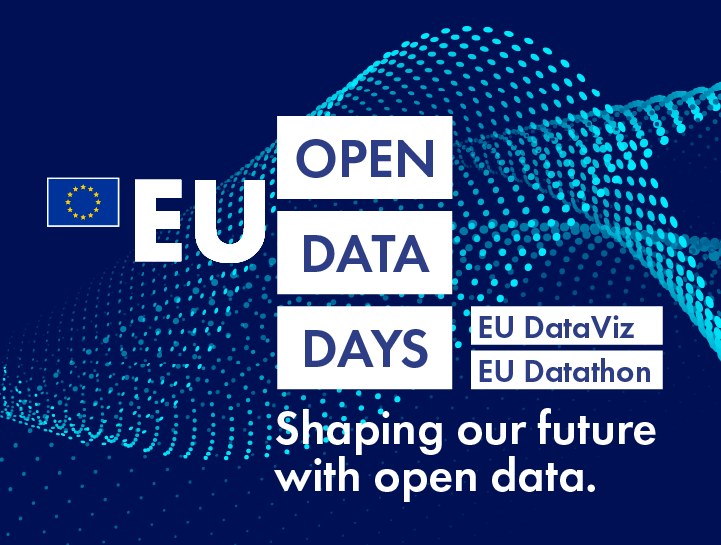
- Data Story
On a mission to shape our digital future The first ever EU Open Data Days took place from 23 to 25 November 2021. The event hosted EU DataViz , an international conference on open data and data visualisation, and the annual open data competition, EU Datathon . Why the EU Open Data Days? An increasing number of states and governments around the world recognise the value of open data and take...
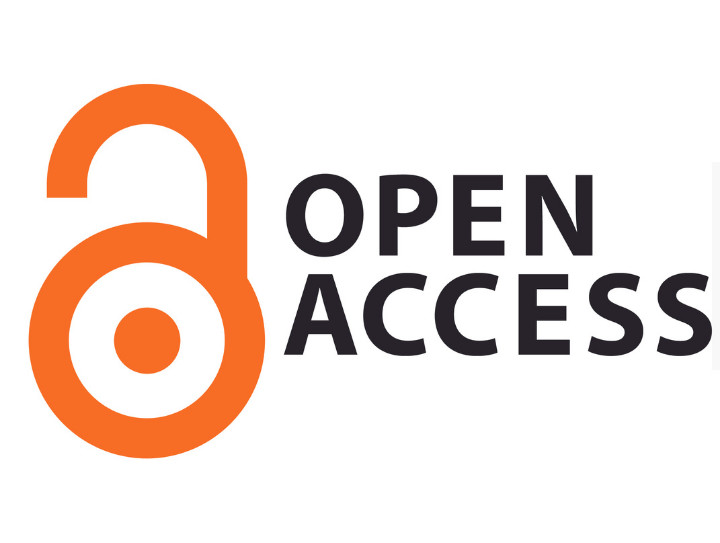
- Data Story
To make scientific breakthroughs possible and tackle complex issues, we need collaborative and open science. The European Commission’s (EC) programme Horizon 2020 was created to fund projects contributing to scientific openness. How well has it achieved its goal? How open are the data and the research created by Horizon 2020 funded projects? What is Horizon 2020 ? The EC’s Horizon 2020 (2014-2020)...
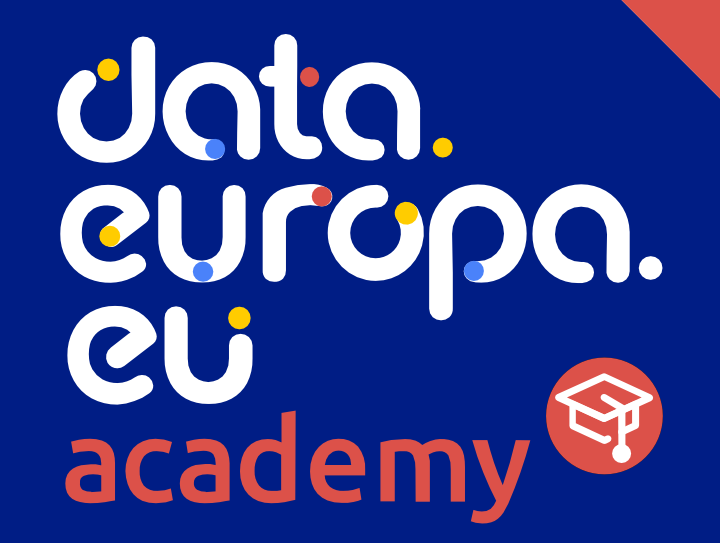
- Data Story
The data.europa academy can help you to become more knowledgeable about open data and to become more data literate. It provides you with knowledge and tools to publish high-quality open data that lives up to legal and technical standards, whether you are an expert or just getting started. Through the academy you can also discover how to create impact by re-using different types of open data. In...
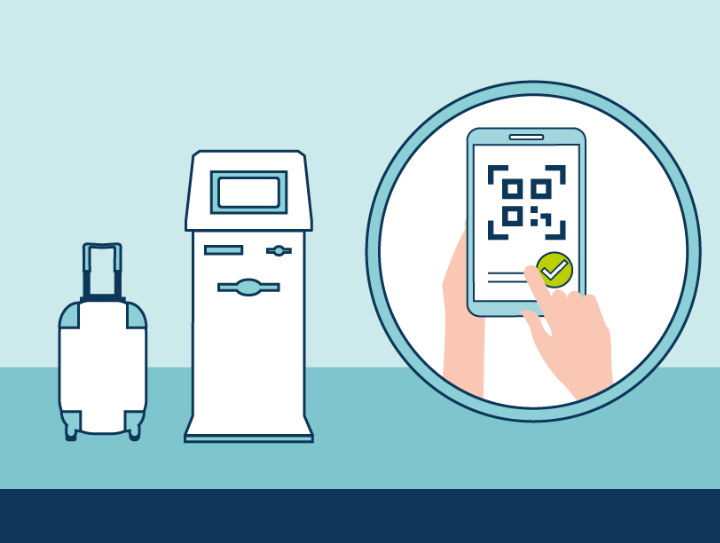
- Data Story
In this data story, we look back on the developments that led to the establishment of the Digital Covid Certificate, and on how sharing of minimal data allowed us to regain freedom of movement . How did COVID-19 impact freedom of movement? Freedom of movement and residence for persons is one of the cornerstones of European Union citizenship, established by the Treaty of Maastricht in 1992. Since...
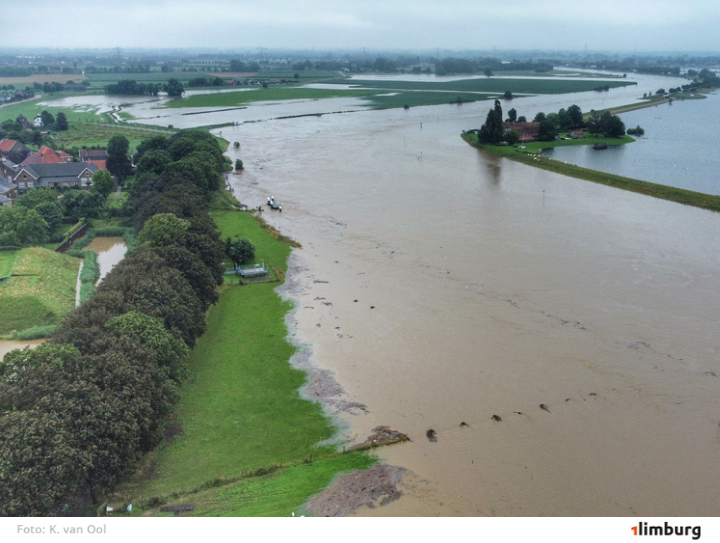
- Data Story
This summer, severe floods have affected several European countries In early July, several countries in Europe have witnessed severe floods, causing serious damage. Multiple river basins in Austria, Belgium, Croatia, Germany, Italy, Luxembourg, the Netherlands, and Switzerland, for which is common practice to store water and control the risk of floods, overflowed. Water poured out onto roads...
